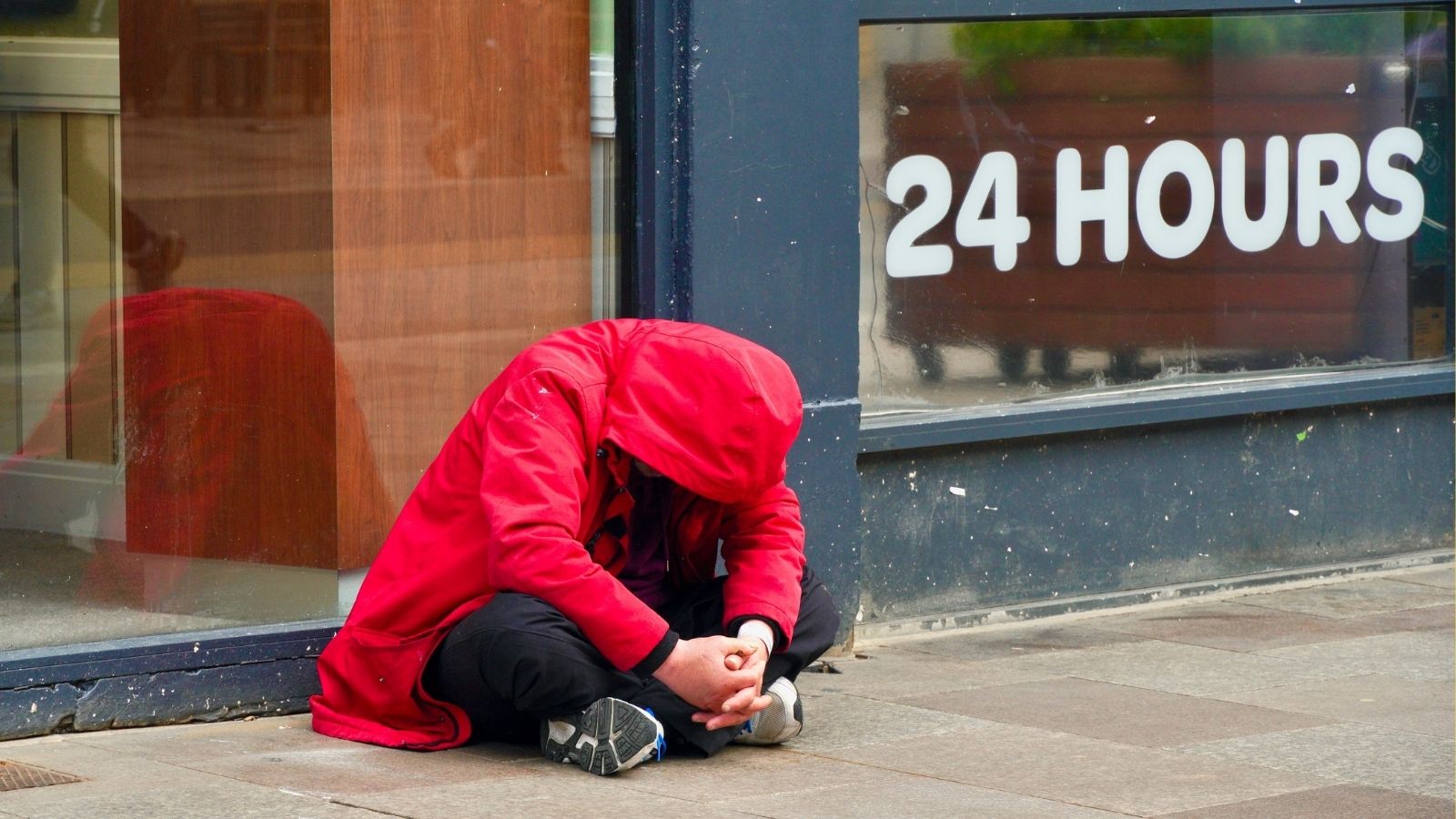Imagine this: a young family struggling to make ends meet, spending most of their income on rent and still barely scraping by. A single mom is moving her kids from one temporary shelter to another, trying to maintain a sense of normalcy. Or grandparents opening their small home to adult children and grandchildren because they can’t afford a place.
These stories aren’t just statistics; they’re real people—families—living through the housing shortage every day. The crisis is reshaping lives in deeply personal and, at times, heartbreaking ways. Here’s how it’s affecting families like yours, mine, and millions of others across the globe.
Financial Stress That Never Ends

For most families, housing costs have skyrocketed. Parents are working two, sometimes three jobs, to keep a roof over their heads. This relentless financial strain forces tough decisions: Do we pay rent or buy groceries this week?
Homelessness Isn’t Just a Word

When a family loses their home, they lose more than four walls. Kids miss their favorite bedtime stories. Parents lose the peace of mind that comes with stability. For too many, homelessness has become their new reality.
Living on Top of Each Other

In overcrowded apartments, there’s no privacy. Kids do homework on kitchen counters while parents try to sleep on a couch. Everyone feels the tension, but there’s no space to breathe, let alone thrive.
Health Starts at Home

Imagine raising a baby in a moldy, cold apartment you can’t afford to fix. Or you are watching your child struggle with asthma because you can’t move somewhere better. Housing affects health in ways many don’t realize until it’s too late.
School Becomes a Moving Target

For children, switching schools every few months because the rent went up means more than falling behind academically. It means losing friends and the safety of a familiar routine.
Uprooted from Communities

When families are priced out of their neighborhoods, they leave behind more than homes—they lose the connections that make life meaningful. Friends, support networks, and familiar faces are all left behind.
Homeownership Feels Like a Pipe Dream

For young families, buying a home feels impossible. Are they saving for a down payment when rents are so high? Forget it. The dream of owning a place where memories can be made fades further every year.
Parents and Kids Under One Roof—Forever

Adult children stay longer in their parents’ homes, not because they want to, but because they have to. While multigenerational living can be beautiful, it’s often a last resort, not a choice.
Long Commutes, Short Family Time

Affordable housing is often far from where the jobs are. Parents spend hours commuting, missing dinner, bedtime stories, and the little moments that make family life special.
Sacrificing the Essentials

Families are cutting back on healthcare, skipping meals, and declining opportunities like sports or music lessons for their children to afford rent. These sacrifices have lasting effects, impacting not just today but for years.
Some Are Hit Harder Than Others

The housing crisis isn’t equal. Low-income families, single parents, and minorities face the brunt of it. For them, every day feels like an uphill battle against a system stacked against them.
Limited Opportunities for Kids

Not having stable housing means that children miss out on many important opportunities. They can’t join after-school activities, struggle with school changes, and don’t have safe places to play. Their dreams are shaped by the uncertainty of their homes, leaving them with fewer chances to grow and succeed.
Anxiety That Won’t Quit

The constant uncertainty of housing insecurity breeds anxiety. Parents lie awake at night, wondering if they can pay next month’s rent or find a stable home. Children feel the tension, too, sensing the stress and instability. This anxiety doesn’t stop—it’s an ongoing, unrelenting weight on the entire family.
The Strain on Relationships

The housing shortage puts a heavy strain on family relationships. Imagine parents arguing late at night over how to pay rent or siblings bickering because there’s no personal space. Overcrowded living conditions test everyone’s patience, and the constant financial stress makes tempers flare. The pressure leaves little room for connection, turning small disagreements into big fights and making it harder for families to stay close.
Safety Feels Like a Luxury

Safety often feels out of reach for families caught in the housing crisis. Parents tuck their kids into bed, worrying about leaky ceilings, broken locks, or unsafe streets outside. Every creak in the night and every health issue caused by poor conditions serve as a reminder: a home should feel secure, but it doesn’t.
Losing the Chance to Build Wealth

The housing crisis steals the dream of owning a home from many families. They’re stuck renting without the chance to buy, watching their hard-earned money disappear each month. There’s no equity to build, no nest egg to pass on to their kids—just an endless cycle of endless financial struggle.
Feeling Trapped, Not Moving Up

High housing costs keep families trapped in survival mode. Every paycheck goes toward rent, leaving no room for savings, education, or opportunities to improve their situation. Dreams of better neighborhoods or jobs feel unattainable as families remain stuck in a cycle where just getting by is the only option.
Conclusion

The housing shortage isn’t just an abstract issue. It’s about real people—parents, children, and grandparents—trying to make it work under impossible circumstances. Addressing this crisis requires more than discussion; it needs bold action: affordable housing initiatives, smarter policies, and a collective commitment to recognize housing as a human right.
Because at the end of the day, every family deserves a place to call home—a place where kids can laugh, parents can rest, and life can unfold in all its messy, beautiful ways. Let’s make that happen.
25 Countries Predicted to Become Economic Superpowers in the Next 20 Years

The strength of an economy plays a crucial role in various international policies about trade and relations. Certain factors determine the strength of an economy, including population growth, availability of resources, and development and advancement. Here are 25 countries predicted to become economic superpowers in the next 20 years
25 Countries Predicted to Become Economic Superpowers in the Next 20 Years
